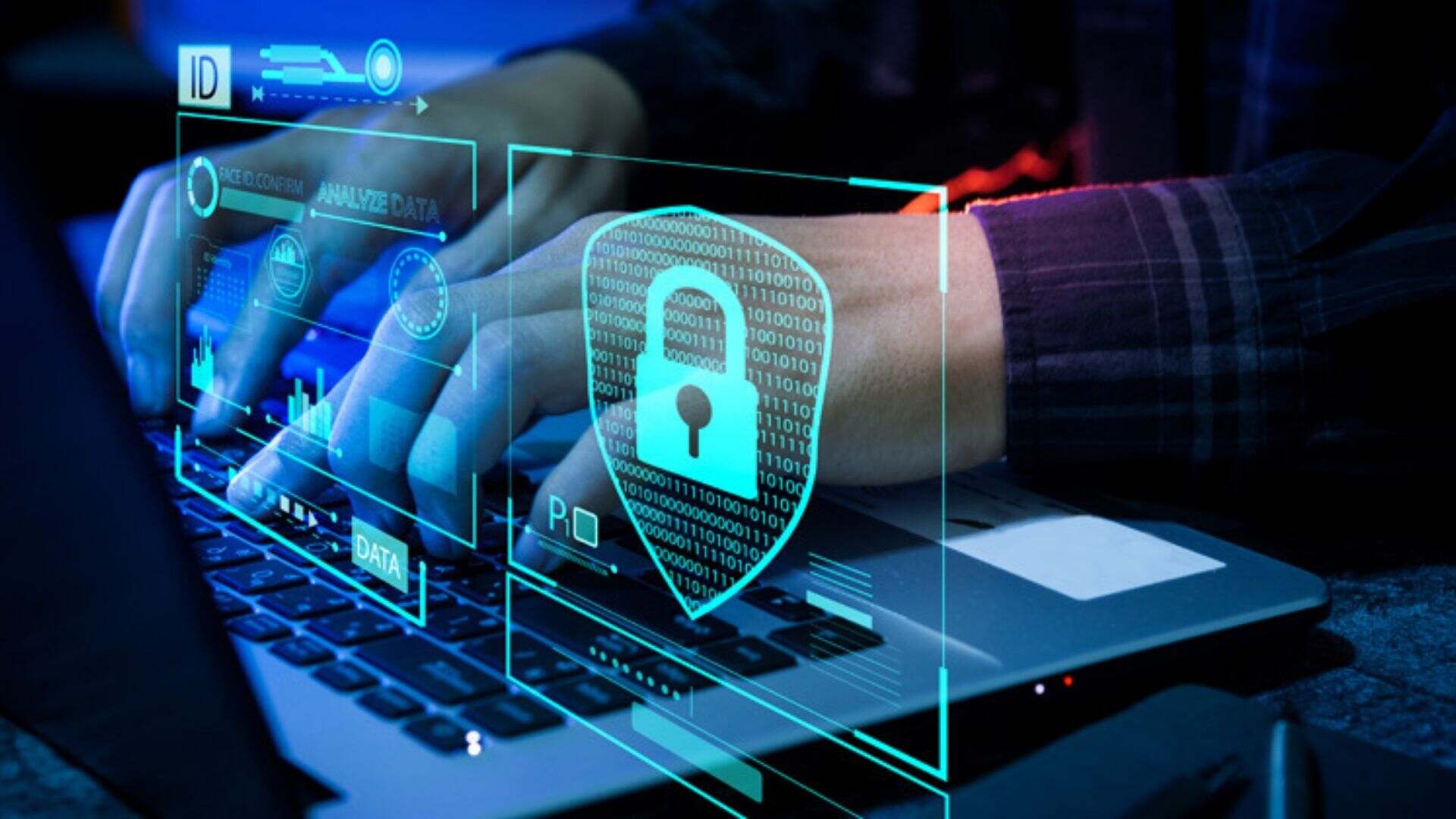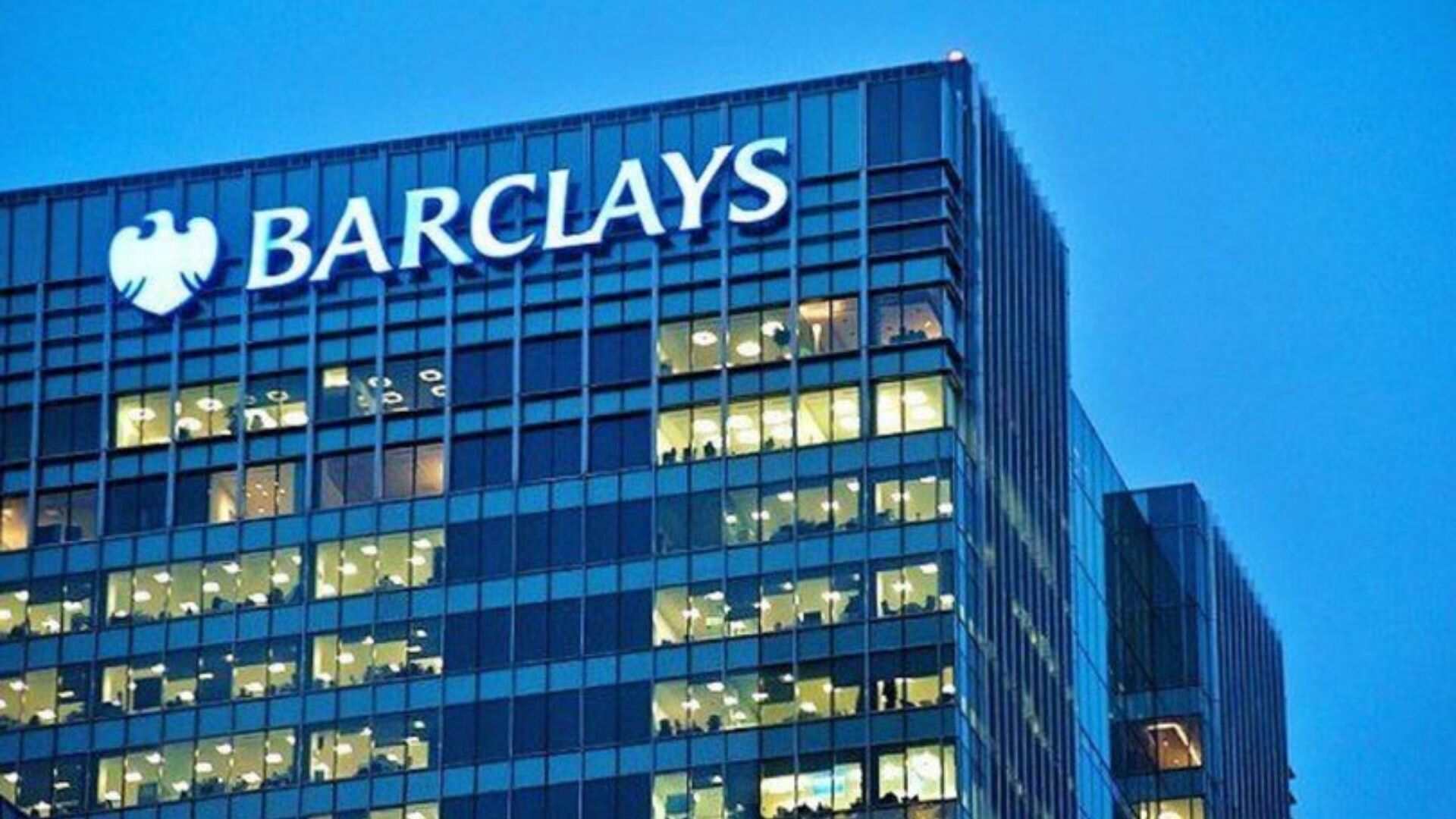Table of Contents
In this article, we will explain blockchain in cyber security, its advantages and disadvantages, how it is used, and some of the best projects in the field. Cyber security is one of the most important things in today’s technology world. Let’s see if it is really important and much more!
Blockchain technology might be the future of security. Blockchain in cyber security is one of them, and it might greatly help us in the near future in terms of security. If you want to join the industry, check our guide on becoming a certified blockchain expert. Here is everything you need to know about blockchain and cyber security!

Usage areas of Blockchain in cyber security
There are several potential application points that blockchain in cyber security could take over the world in the near future. Below you will find six applications that could be the go-to area for blockchain enthusiasts:
Secure Data Transfer
Sensitive data may be secured using blockchain technology and spread over a number of network nodes, thus reducing the likelihood of data access and manipulation by hackers. Blockchain networks are dispersed and decentralized, which makes it difficult for a single party to modify the data and lowers the danger of data breaches.
Additionally, blockchain adds an additional degree of security through the use of cryptographic methods and digital signatures, ensuring that the data is secure and untampered with. Blockchain can thus be a good option for businesses that want to securely transfer sensitive data between parties, such as financial transactions, medical records, or personal information.
Organizations may profit from enhanced data privacy and security through the use of blockchain, lowering the risk. Organizations may gain from enhanced data privacy and security by utilizing blockchain, which lowers the risk of data breaches and ensures that the information is kept private and safe.
Managing Digital Identity
Another area where blockchain technology has the potential to enhance cybersecurity is digital identity management. With the help of blockchain, it is possible to construct and manage digital identities that are impervious to forgery, hacking, and manipulation.
Each digital identity in a blockchain-based system is linked to a distinct set of encrypted keys that may be used to confirm the identity’s veracity. The risk of identity theft and fraud is decreased since a centralized authority is no longer required to maintain and validate identities. Organizations may use blockchain in cyber security to generate a transparent, tamper-proof record of every digital identity transaction, enhancing accountability and confidence.
Cyber Security Inspection
One of its main advantages is the immutability and transparency of blockchain technology, which may aid enterprises in better tracking and auditing operations. A blockchain-based system creates a tamper-proof record of every activity by recording all transactions in an encrypted distributed ledger. This improves system visibility and lowers the risk of security events, making it simpler for enterprises to manage and monitor activities.
Blockchain in cyber security, for instance, enables the creation of a safe and transparent record of every access to sensitive data, enabling companies to track and track who has accessed the data and when. This can provide more responsibility, lower the danger of insider threats, and speed up the detection and response to security events.
Using blockchain’s smart contracts may automate compliance and auditing tasks, lowering the risk of security incidents and boosting audit process effectiveness.

Sharing of Threat Intelligence
By enabling businesses to safely and effectively communicate information in real time, blockchain technology has the potential to enhance the sharing of threat intelligence. Organizations may build a distributed and decentralized network for exchanging threat intelligence in a blockchain-based system, lowering the risk of data breaches and enhancing the quality and completeness of the information.
Blockchain in cyber security enables firms to work together and strengthen their overall defense against cyber threats, lowering the danger of data breaches and boosting information accuracy and completeness. This is another application example for the blockchain in cyber security subject.
Decentralized Data Storage
Businesses may use blockchain in cyber security to store data in a distributed, decentralized network, lowering the risk of data breaches and preserving the confidentiality and integrity of the data.
Data in a blockchain-based system is dispersed over several network nodes and encrypted, making it considerably more challenging for attackers to access and change the data. Blockchain networks are dispersed and decentralized, which makes it difficult for a single party to modify the data and lowers the danger of data breaches.
Decentralized data storage has a number of advantages, one of which is removing the need for centralized data centers, which may be attacked. A tamper-proof and transparent record of all data exchanges may be provided via blockchain technology, which also increases accountability and trust. For instance, a blockchain-based system might be utilized to track the issue and use and revoke digital certificates, such as SSL certificates, needed to protect websites. The probability of man-in-the-middle attacks may decrease, and online transaction security may be enhanced.

Cyber security blockchain projects
Companies below use blockchain technology as a security protocol for their interactions and applications. It varies from financial companies to health and technology companies. Let’s look at the best cyber security blockchain projects that are being used:
Coinbase
Bitcoin, Ethereum, and other cryptocurrencies may be purchased, sold, and stored by people and organizations using Coinbase, a cryptocurrency exchange and wallet platform. The platform’s corporate headquarters are in San Francisco, California, and it was established in 2012. Coinbase has become one of the most popular and widely used cryptocurrency exchanges, offering a user-friendly interface, a wide range of payment options, and a high level of security for its users.
In addition to its exchange and wallet services, Coinbase also offers various tools and resources for individuals and institutions to learn about and invest in cryptocurrencies. All of Coinbase’s operations are encrypted. To ensure its cryptocurrency is secure, the corporation keeps passwords and wallets in a secure database and runs thorough background checks on all of its workers.
Barclays
A global investment bank and provider of financial services, Barclays is headquartered in London, United Kingdom. One of the biggest banks in the UK, it was established in 1690 and now has activities in more than 40 nations. Retail banking, investment banking, wealth management, and corporate banking are just a few of the financial services and products that Barclays offers to people, companies, and organizations.
The bank also operates in a number of additional industries, including credit cards, investment management, and insurance. Barclays is known for its innovation and leadership in the financial services industry and has a reputation for delivering high-quality products and services to its customers.
According to a patent application, Barclays would use blockchain technology to increase fund transfer security. The Wall Street bank may aim to increase the acceptance and reliability of bitcoin transfers by processing them using DLT. Barclays has a patent for know-your-customer procedures that enables the bank to keep all personally identifiable customer information on a secure blockchain in addition to its blockchain fund transfer patent.

Philips Healthcare
The Dutch multinational company Royal Philips has a business called Philips Healthcare that researches and manufactures medical technology and apparatus. For healthcare practitioners and organizations, it offers a variety of goods and services in fields, including imaging systems, patient monitoring, and therapy equipment.
The business employs AI in collaboration with hospitals worldwide to identify and examine all facets of the healthcare system, including operational, administrative, and medical data. The enormous volumes of data gathered are then secured using blockchain technology.
Cisco
A worldwide American technology corporation with its main office in San Jose, California, Cisco Systems, Inc. creates, produces, and distributes networking gear, telecommunications equipment, and other high-tech services and goods. It is one of the world’s biggest networking firms and offers various goods for individuals and enterprises, including routers, switches, and security equipment.
The business thinks blockchain and IoT devices work well together because the ledger technology removes single points of failure and encrypts data. Cisco might play a huge role in the blockchain in cyber security world in the future.
What makes blockchain in cyber security secure?
Different types of blockchains may be identified based on their openness to all users or restriction to known participants, as well as whether or not they require permission. Higher degrees of security are thought to be provided via permissioned and limited systems, sometimes known as “closed blockchains.” They provide more flexibility about who may engage and what activities they can carry out. The relative weighting of security in relation to blockchain performance is typically a factor in choosing the type of blockchain to adopt.
Attackers might masquerade as wallet providers or send phishing emails to participants to gain their private encryption keys, which enables thieves to conduct fraudulent transactions on the blockchain. Other common attack strategies include using lax endpoint security to access information stored on participants’ devices and lax network security to snoop on private information.
It is crucial to remember that security requires continual work and that no system can ever be completely safe at all times, especially given how different technical components are interconnected and how quickly technology is developing. Blockchain in cyber security will also improve over time.
Global economic losses from cybercrime are estimated at $445 billion annually, according to SBIR STTR’s report. The persistent and shrewd assaults are just beyond the capabilities of our present security procedures. You can also check Deloitte’s research on blockchain in cyber security.

Best blockchain cyber security courses
Blockchain and cyber security are two of the most important future keywords. If you want to have a career in the field and improve yourself, we listed some of the best courses for blockchain in cyber security. Here is the list:
Blockchain and Smart Contract Security
In Blockchain and Smart Contract Security course, you will learn all you need to know about protecting, hacking, and utilizing blockchain and smart contract technologies. The technology that supports various blockchain implementations, the encryption and transactions that support them, the various smart contract languages like Solidity and Rust, and the protocols created with them, like NFTs, DeFi, and Web3, are all covered in-depth in this course.
The hands-on training and tools needed to deploy, audit, scan and exploit blockchain and smart contract assets are provided through the labs in the course. Students may also actively learn how to defend these assets by spotting risks and threat actors who are utilizing them for bad purposes.
Certified Blockchain Security Professional (Blockchain Council)
Aiming to address all currently known facets of blockchain security present in the blockchain ecosystem, the Certified Blockchain Security ProfessionalTM (CBSP) certification was created. The purpose of the CBSP Certification is to assess particular professional skill sets of candidates for certification.
- Complete understanding of Blockchain’s inherent security features and associated risk
- In-depth knowledge of best security practices for Blockchain infrastructure
- Exploration of known Blockchain cyber-attacks
- Ability to transfer or mitigate Blockchain security risk
Certified Blockchain Security Professional (CBSP)
An excellent method of proving your expertise in Blockchain Security is to pass the Certified Blockchain Security Professional (CBSP) test. This exam shows existing cybersecurity professionals your expertise in a developing field. A community of Blockchain leaders will also include you as a member. It is not a course but an exam that you can take after getting enough experience in blockchain in cyber security.










